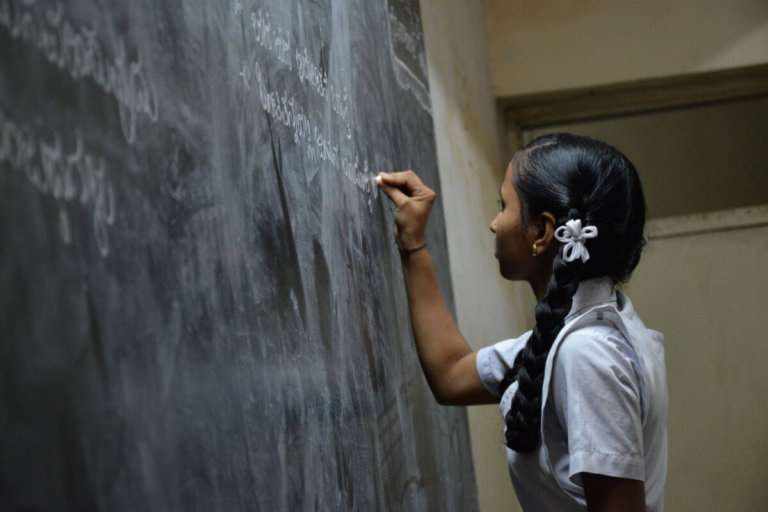
To some, year-long learning sounds like a dream. To others, a disaster.
Year-round education would mean children remain occupied during what would be school holidays. Rather than having to source babysitters to watch over the kids while they’re working the day shifts, parents could just drop them off at school and carry on with the usual routine.
For students who approve of this system, it would mean extra time with their friends over the summer season. Rather than being stuck at home during weekdays, waiting for parents to spend the weekend with them, it would mean they remain occupied during what would be the seasonal breaks.
For teachers who have already applied year-long schooling to their curriculum, it could result in higher test results, increased student participation and larger pay packets.
Love seeing these @otmonarchs so engaged in their learning during summer school! #SomosOT #112leads pic.twitter.com/iBXEPRYYww
— Amy Cengel (@AmyCengel) July 8, 2019
But what disadvantages come along with the prospect of year-long learning?
Last month, a US daily newspaper asked that exact question to a fifth-grader named Ebrima Jallow.
Through his eyes, year-long schools leave a trail of unnecessary stress and destruction, leaving children without a summer break or a chance to take their heads away from the textbooks.
“Some parents think that it’s a great thing because you get a high chance of going to college. But having a summer off is not a bad thing. Having a day off school helps the teachers rest from teaching. Some teachers like it because they get paid more. And even the students need a break, even their brains.
“Kids in year-round school don’t get a summer break. They don’t get to play with friends except from their school,” Ebrima exclaims.
Outlining existing drawbacks, the fifth-grader considers the effects of year-long learning from all angles.
“Sometimes a week off from school is not enough for teachers. They work so hard every day without a single rest. It’s like it never ends. That is what it would be like in year-round schooling. Because spring break is like four days off from school. It goes by so fast. Teachers need like four weeks or eight weeks.
“And my third reason against year-long schools is that kids don’t get to visit their home country and some don’t visit their grandparents or cousins. They don’t get to play with their friends because of year-long schooling”, Ebrima adds.

Is it fair to expect students to work through their summer holidays? Source: Shutterstock
The typical US school schedule sees schools remain in session for about nine-and-a-half months before a two-and-a-half-month summer vacation.
Hopewell City Public Schools in Virginia is considering a year-long model that entails “nine straight weeks of instruction followed by either three weeks of vacation, two weeks of intersession – community projects, camps and field trips, among other things – or a combination of the two.”
By remodelling the schedule to fit a year-long agenda, Hopewell students would have the freedom to spend their summers with fellow students, participating in extra-curricular activities.
“Every child can benefit from this,” Hopewell Superintendent Melody Hackney told Richmond Times, “we’ll see all these improved student outcomes that we anticipate and that the research suggests will happen in Hopewell.”
It’s contrasting opinion to Ebrima’s, but shows that the debate for and against year-long schooling is very much still in action.
With advantages and drawbacks from both sides of the spectrum, which academic style would you prefer?







